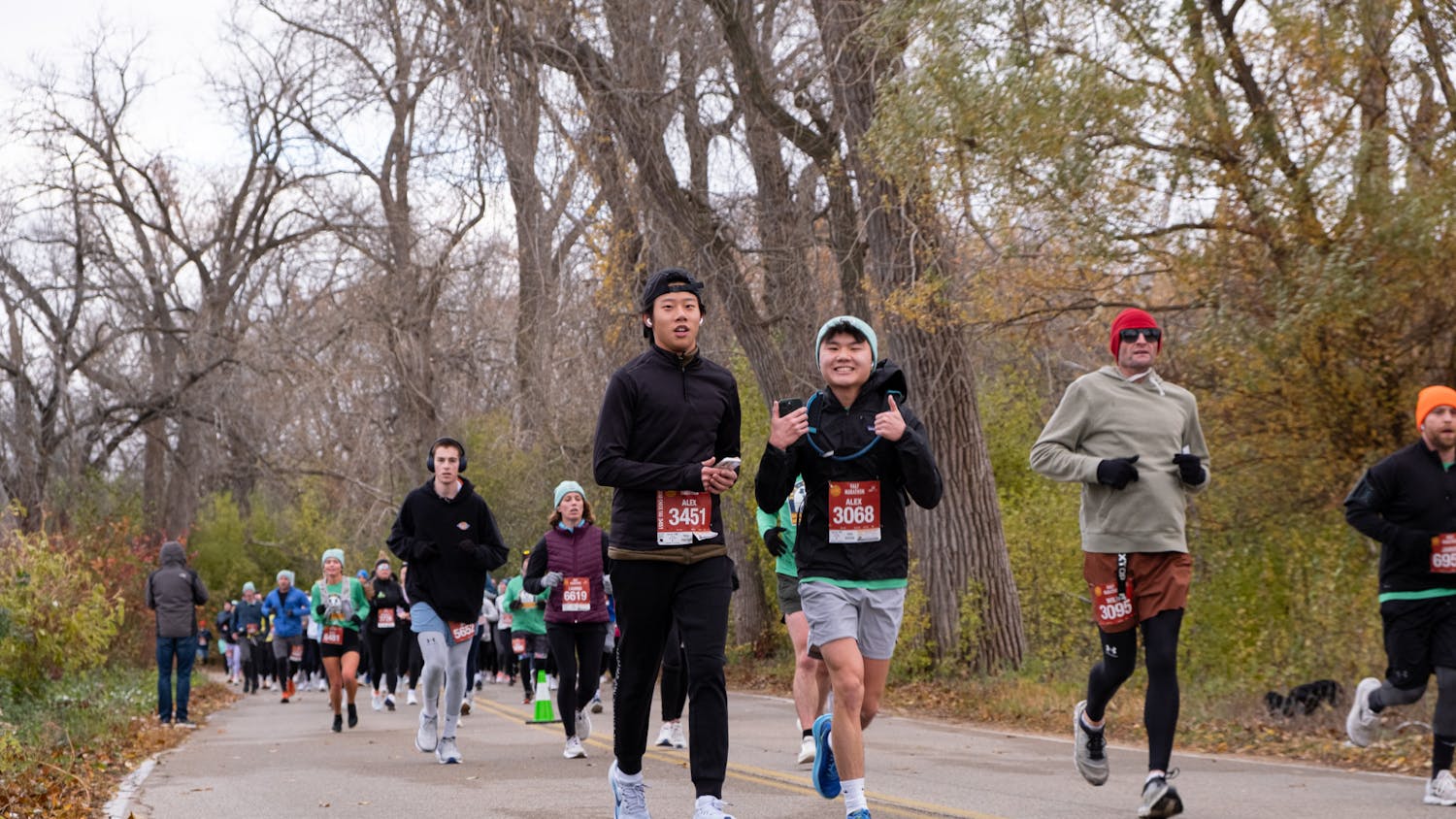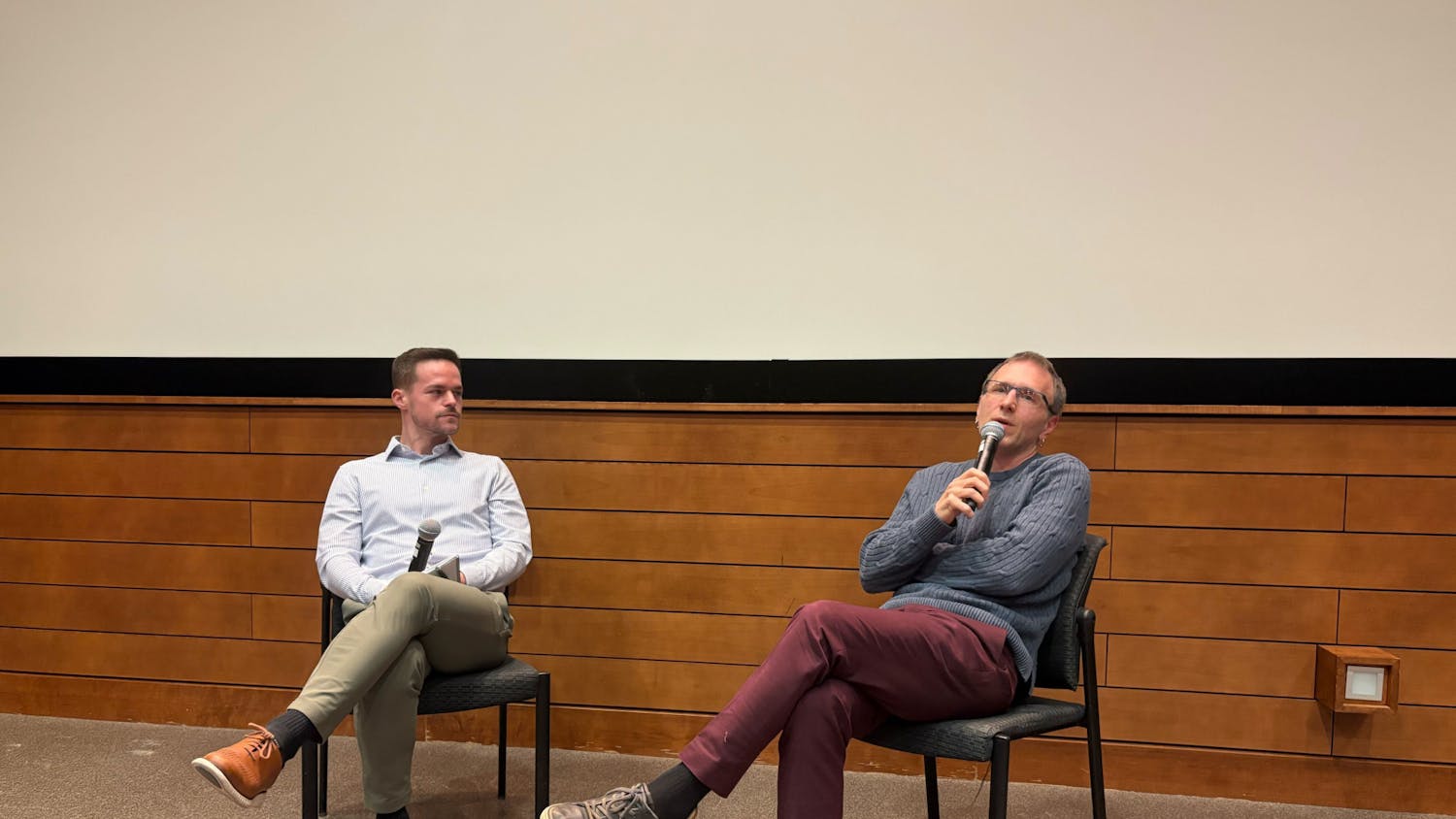Claims of racial injustice dominated a discussion of Hurricane Katrina Wednesday when a panel of two UW-Madison professors and a local historian addressed a forum hosted by the Wisconsin Union Directorate's Contemporary Issues Committee.
The committee's president, UW-Madison senior Matt Rink, said the third day of 'Hurricane Katrina Week' aimed at addressing 'overlooked social, racial and socioeconomic issues' of the disaster which he said go unaddressed by the media.
One member of the panel, UW-Madison Afro-American Studies professor Brenda Gayle Plumber, discussed race in relation to disasters in America, claiming racist perceptions in relation to natural disasters are nothing new.
As recently as 1927, Plumber said, many blacks were 're-enslaved' in response to the flooding of the Mississippi River. Black Americans in the areas near the river were given a choice of 'either going to jail or... to the levee to fill sand bags,' according to Baker.
Hurricane Katrina also particularly affected blacks, according to Baker, because they historically 'came to settle in areas of the city that were undesirable to more affluent whites,' which meant the lands furthest below sea level.
UW-Madison History of Medicine and Bioethics professor Richard Keller gave a different perspective, claiming that blacks' position as a marginalized population was more to blame for their suffering during the hurricane.
While this marginalization may be hidden from society, he said, it is often revealed when those marginalized communities suffer the most from disasters. 'In these moments of extremity,' he said, 'all these things come into the open.'
Alan Ruff, a local historian, took Keller's argument further, claiming the people who suffer are 'superfluous people,' or those who are most often thought to matter the least to society. Their suffering, he said, was from an 'abandonment of the social good,' due to a 'survival of the fittest' mentality.
In looking towards the rebuilding of New Orleans, the speakers gave different sentiments. Ruff portrayed dismay at what he perceived as 'accumulation through disposition,' with companies profiting from the now-vacant lands.
Keller, as a European, thought that rebuilding at the 'worst possible place to build a city' seemed like a 'uniquely American phenomenon.'





